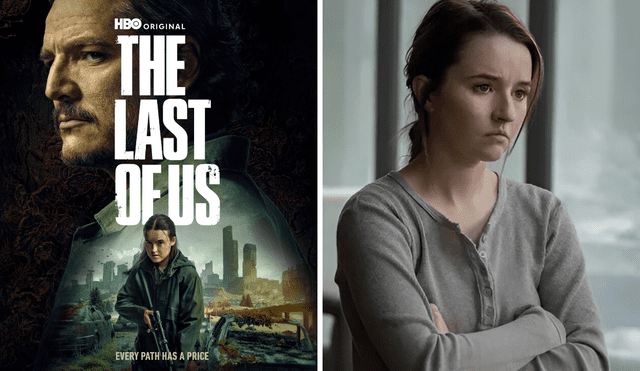The Last of Us season 2 finale sets up major shift for season 3: A new perspective on Abby’s story
The Last of Us season 2 finale ends with a pivotal scene hinting at a major narrative shift, focusing on Abby’s perspective and promising a new direction for the series in season 3.

The Last of Us recently concluded its second season with a finale that represents a major shift in approach to the storytelling. In this season finale, we’ve seen years of character exploration with Ellie and Joel and now we wrap up by going deep into how Ellie pursues her quest for vengeance against Abby, the woman that killed Joel.
There are multiple obstacles, such as the backdrop of war and the internal turmoil that Ellie experiences, but ultimately the narrative is driven by her determination. In the last few moments of the finale, we see Abby's perspective for the first time in the series, and it seems like season 3 might explore more of her story.
Ellie’s relentless quest for revenge
In season 2, Ellie is about her furious desire to find Abby and kill her. Within the finale, we see Ellie take her violent revenge, and make hard to defend moral choices. Even when she accidentally kills innocent people who are related to Abby. This has been a running theme throughout the season, which shows the cost of revenge.
Ellie's tension grows as she pushes forward despite people telling her it will be dangerous. This reflects her relentless pursuit of revenge, and how singular her focus is despite the dangers. It highlights the deep impact of Joel's death on her, and prepares the emotional stakes for the season.
A new perspective: Abby’s story begins
The final two minutes of the show's finale introduce Abby's storyline, which centers on her in a sizable settlement. This is similar to how The Last of Us Part II is structured, with players initially following Ellie and then hearing Abby's side of the story, which gives the characters and their motivations more nuance.
Season 3 will examine Abby's point of view, offering a more impartial assessment of the conflict, according to showrunners Craig Mazin and Neil Druckmann. The goal of this narrative extension is to help viewers better comprehend the characters and the moral dilemmas they face along the way.













